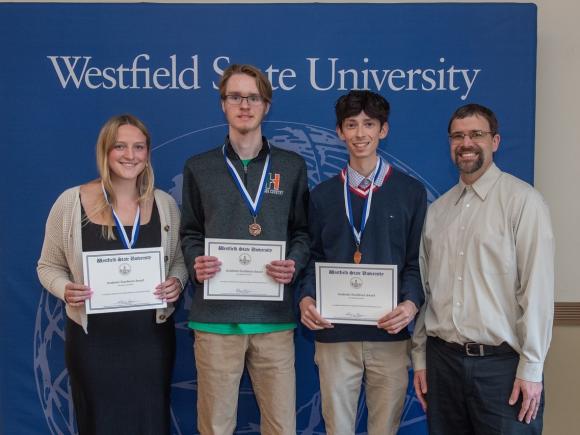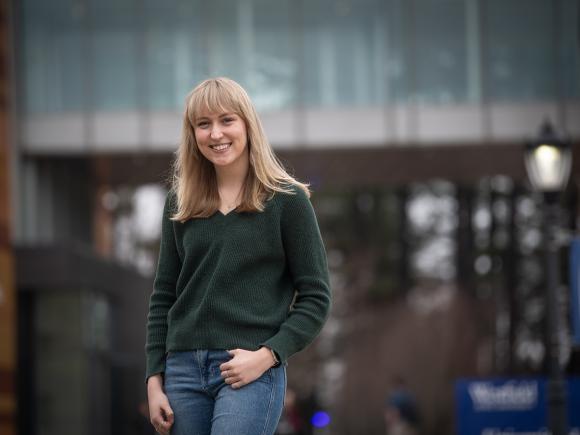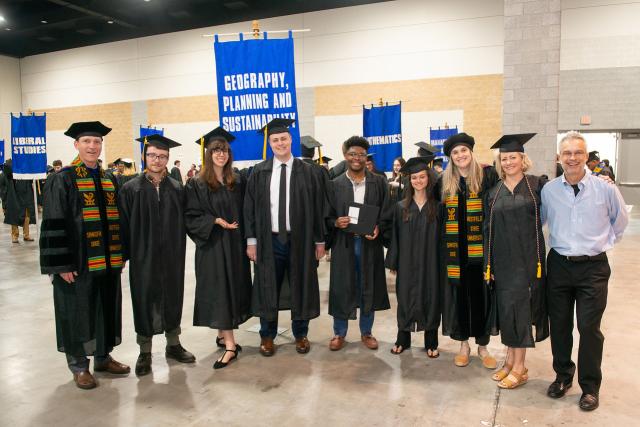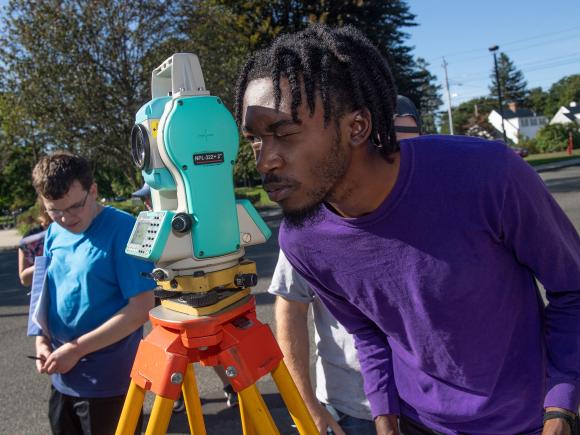
The Urban Design and Architecture Concentration provides students with the skills, tools, and knowledge to design, develop, and transform urban spaces. The pre-professional concentration integrates principles of architecture, planning, design, and sustainability, to prepare students to tackle real-world challenges in urban environments. Students explore the physical, social, and cultural dimensions of city-making through coursework in regional planning, urban design theory, architectural history, and sustainable development. Studio-based learning, internships, and applied research projects provide hands-on experience in site planning, zoning, land use, and community design. Courses in drawing, design fundamentals, and visual communication build essential skills for articulating design ideas and engaging diverse stakeholders. Whether contributing to neighborhood revitalization, public space design, or long-range planning efforts, graduates of this program are prepared to work at the intersection of design and policy—supporting the creation of livable, resilient, and aesthetically rich communities.





